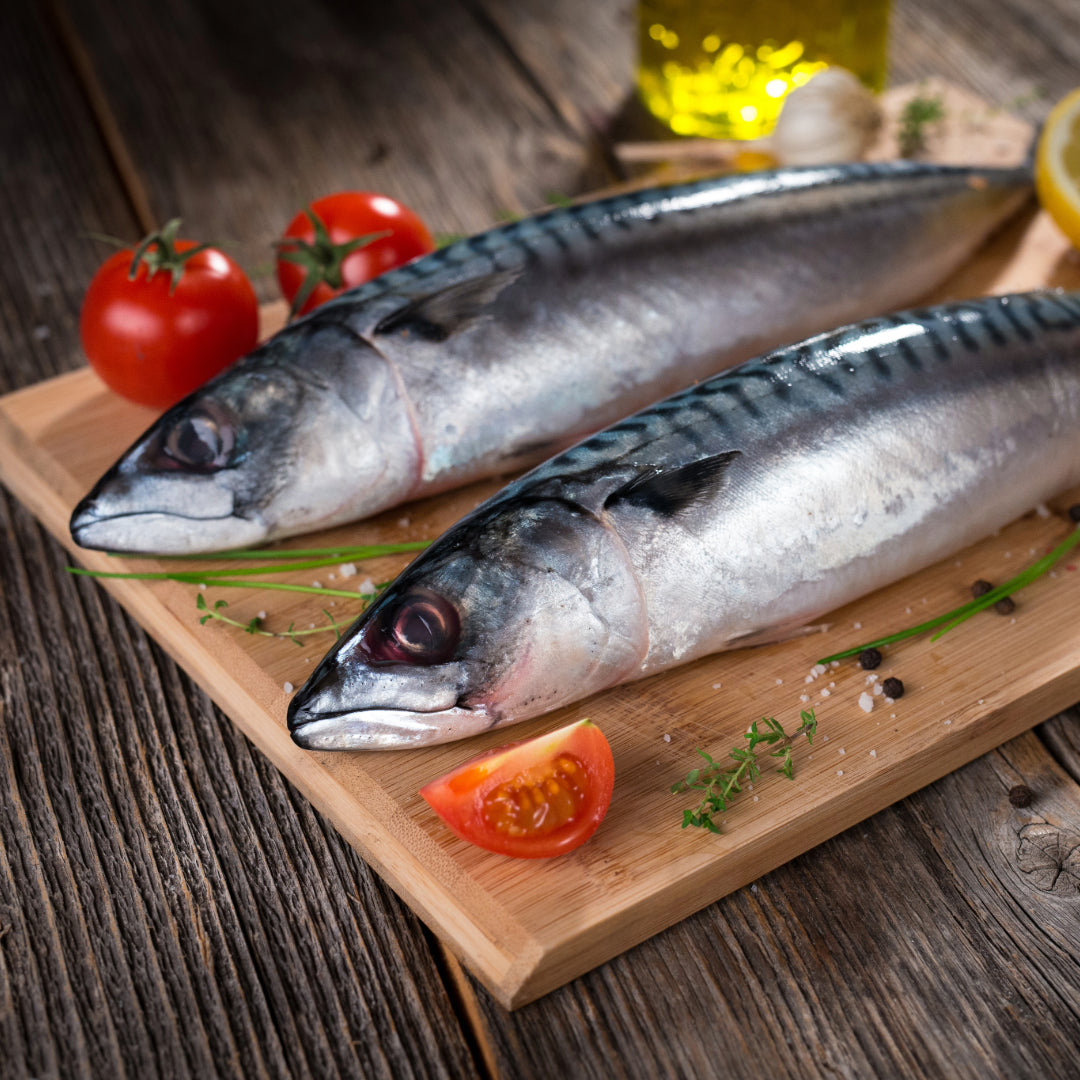
Are Spanish Mackerel good to eat?
by Guillermo Pabon Garcia
on May 08, 2024
Spanish mackerel, a popular fish prized for its delicious flavor and versatility in cooking, has garnered attention from seafood enthusiasts worldwide. But are Spanish mackerel good to eat? Let's delve into the culinary wonders of this beloved fish, exploring its benefits, preferred cooking methods, and the fantastic option of enjoying it preserved.
Benefits of Spanish Mackerel
Spanish mackerel is not only a delight for the taste buds but also a nutritious addition to any diet. Packed with omega-3 fatty acids, protein, vitamins, and minerals, it offers a range of health benefits. Omega-3 fatty acids are known to support heart health, reduce inflammation, and promote brain function, making Spanish mackerel a smart choice for those looking to maintain a balanced diet.
Moreover, Spanish mackerel is low in saturated fat and calories, making it a lean protein option suitable for weight-conscious individuals. Its nutrient-rich profile also contributes to overall well-being, providing essential nutrients like vitamin D, vitamin B12, and selenium.
Preferred Cooking Methods
Spanish mackerel lends itself well to a variety of cooking methods, allowing for culinary creativity in the kitchen. Grilling, baking, broiling, frying, and even smoking are popular ways to prepare this flavorful fish. Grilling Spanish mackerel enhances its natural taste while imparting a smoky char, while baking or broiling preserves its moisture and tenderness. Fried Spanish mackerel offers a crispy exterior with a tender interior, perfect for fish tacos or sandwiches.
Canned Mackerel: a fantastic option
Eating mackerel in olive oil, preserved in cans, is not only a delicious culinary experience but also offers numerous health benefits. The combination of mackerel's flavorful, oily flesh with the rich, fruity notes of olive oil creates a delectable harmony of flavors. Moreover, preserving mackerel in olive oil helps retain its freshness and nutritional value over time, ensuring that consumers can enjoy the fish's omega-3 fatty acids, protein, and vitamins long after it's been harvested. This convenient and versatile option allows for easy incorporation into various dishes, from salads and sandwiches to pasta and tapas, making mackerel in olive oil a pantry staple for those seeking both flavor and nutrition in their meals.
The best Mackerel, caught off the Spanish coasts
Mackerel, known as "caballa" in Spanish, is a fish found in temperate and tropical waters around the world, including the coasts of Spain. In Spain, mackerel fishing is particularly common in various coastal areas, both in the Atlantic and the Mediterranean. Some of the regions where mackerel is caught in Spain include:
Atlantic Coast
Mackerel is caught along Spain's Atlantic coast, from Galicia in the northwest to Andalusia in the southwest. Ports such as Vigo, A Coruña, Santander, and Cádiz are known to be active in mackerel fishing.
Cantabrian Coast
The Cantabrian coast, stretching along northern Spain, is also an important area for mackerel fishing. Ports like Santander, Gijón, and Bilbao are common departure points for fishing vessels.
Mediterranean
In the Spanish Mediterranean, mackerel is caught in coastal areas such as Catalonia, Valencia, Murcia, and Eastern Andalusia. Ports like Barcelona, Valencia, and Malaga are known for their fishing activity.

In conclusion, Spanish mackerel are indeed good to eat, offering a plethora of health benefits, culinary possibilities, and preservation options. Whether grilled to perfection, smoked to perfection, or pickled for future enjoyment, Spanish mackerel captivates the palate with its delectable flavor and nutritional value, earning its place as a beloved seafood delicacy.


